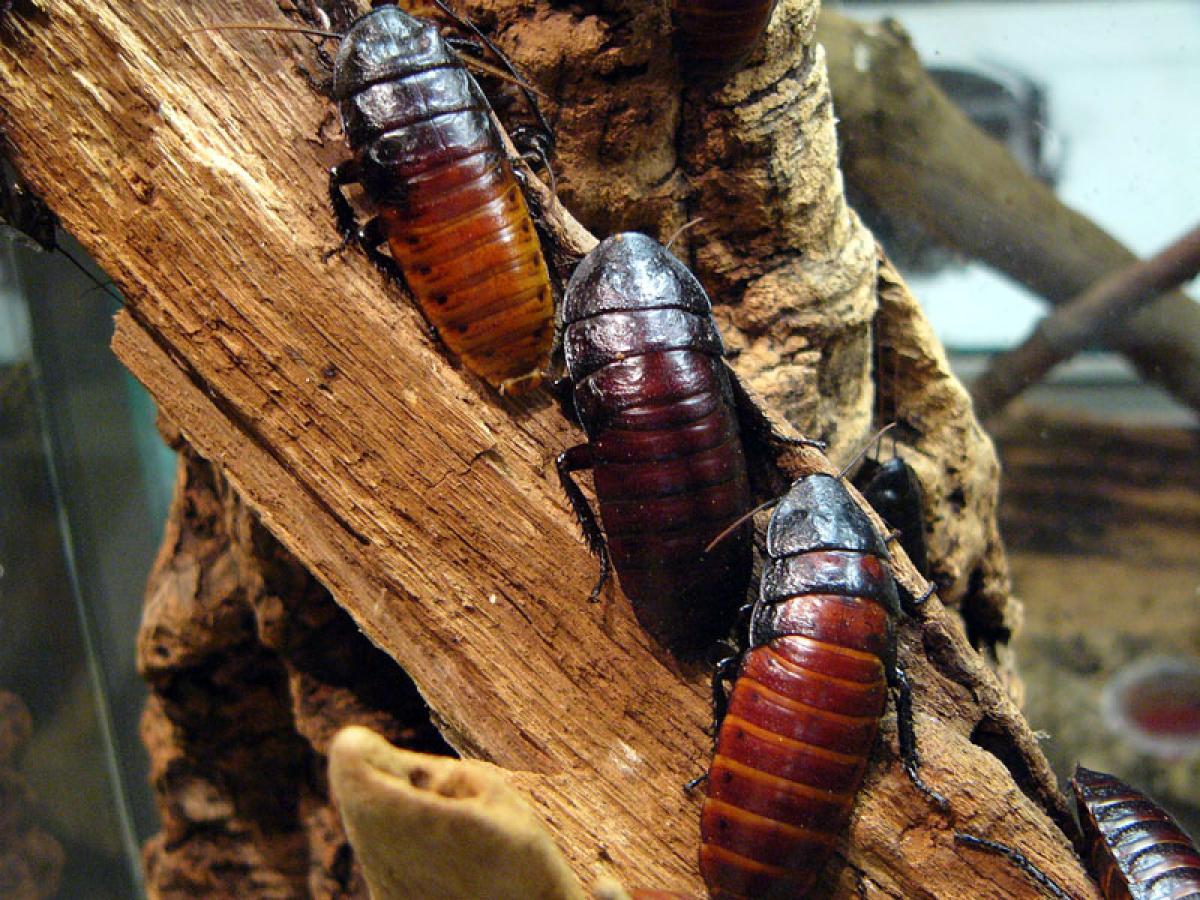D: Yaël, why do scientists bother studying animal behavior? Why not just study humans?
Y: People and other animals have more in common than we like to admit, Don. Did you know that cockroaches have personalities and make choices as groups?
D: You've got to be kidding Yaël, they're just insects.
Y: No, I'm not. In a study published in 2015, a group of Belgian researchers glued radio tracking chips to cockroaches so they could follow each individual in a group of sixteen. In the lab, they put these cockroaches in an open, lighted space, which cockroaches find scary. However, the space had shelters where they could hide.
D: So, what did this tell them about cockroaches' personalities?
Y: The researchers found that there were shy cockroaches that scurried to the shelter every time they were tested, and bold cockroaches that spent more time exploring than hiding. These personality differences are simple, but still surprising for an insect.
D: When people are in groups, sometimes they act differently from when they are alone. Does this happen for cockroaches too?
Y: Yes. In a group, cockroaches still showed individual personalities. But some behaviors were socially amplified. Even bold cockroaches were more likely to seek shelter when they were part of a group. When several shelters were available, cockroaches all chose the same one. They had no clear leaders, and the choice was more like a consensus. Different groups showed different sheltering behavior, owing to the personalities of their members.
D: Now I think I understand. By studying cockroaches, scientists can learn a lot about the relationship between individuals and groups, and quite a lot of what they learn might be applicable to people too.










